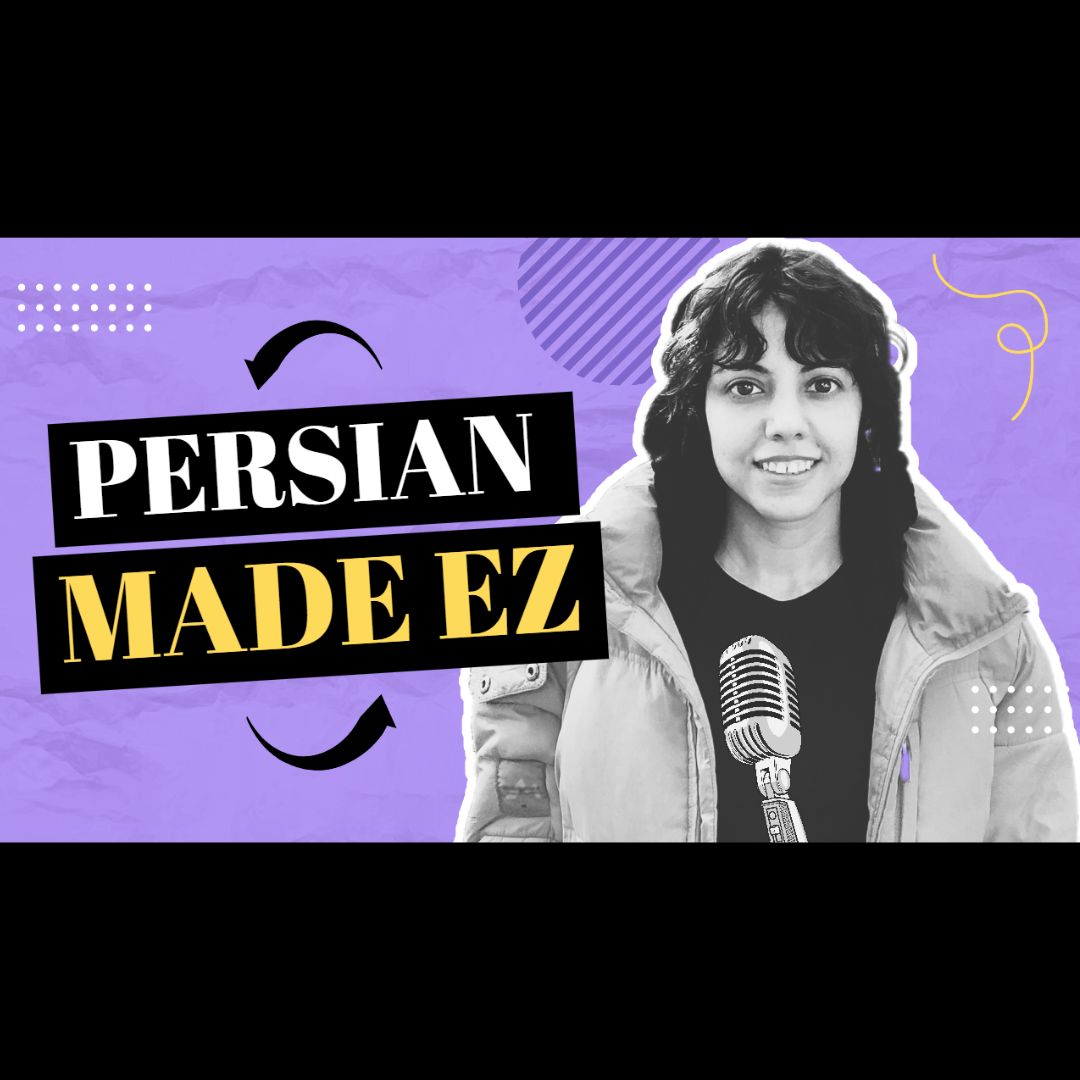
Persian Made Easy, Episode 2
描述
Hi everyone, I am Sara and this is Persian made EZ, episode 2.
One way to say “how are you?” in Persian is to use, “chetor i?” and, “chetor in?”.
We use “chetor i”, with the “i” ending, when we’re talking to one person in an informal setting, for example when talking to a friend or family.
And we use “chetor in”, with the “in” ending, either when we’re talking to one person in a formal setting, or to more than one person in both formal and informal situations.
It's also very common in person to ask, “khub i?” and, “khub in?” when we're greeting each other.
“Khub” means “good”, “well”, or “fine”, so “khub i?” and “khub in?” literally mean, “are you fine?” or, “are you doing well?”
You can also put “khub i?” and “khub in?” together with “chetor i?” and “chetor in?”, and greet each other like this:
Salām! Chetor i? Khub i? (Informal, Singular)
Or
Salām! Chetor in? Khub in? (Formal / Plural)
We can answer “chetor i?” and “khub i?” with, “khub am, merci!” and, “khub am, kheili mamnun!”, or, “bad nistam, merci!” and, “bad nistam, kheili mamnun!”.
And then we can ask, “to chetor i?” and, “to khub i?” or, “shomā chetor in?” and, “shomā khub in?”.
Now let’s practice!
Dialogue 1
Salām! Chetor i?
Salām! Khub am, merci! To chetor i?
Khub am, kheili mamnun!
Dialogue 2
Salām! Chetor i? Khub i?
Salām! Bad nistam, kheili mamnun! To khub i?
Khub am, merci!
Persian Script
سَلام: hello, hi
چِطوری / چِطورین: how are you
خوبی / خوبین: are you fine, are you doing well
خوبَم: I'm fine
بَد نیستَم: I'm not bad
مِرسی: thanks
خِیلی مَمنون: thank you so much
Latin Script
Salām: hello, hi
Chetor i? / Chetor in?: how are you?
Khub i? / Khub in?: are you fine?, are you doing well?
Khub am: I’m fine
Bad nistam: (I’m) not bad
Merci: thanks
Kheil mamnun: thank you so much
播客频道
Persian Made Easy
播客创作者
所有播客集
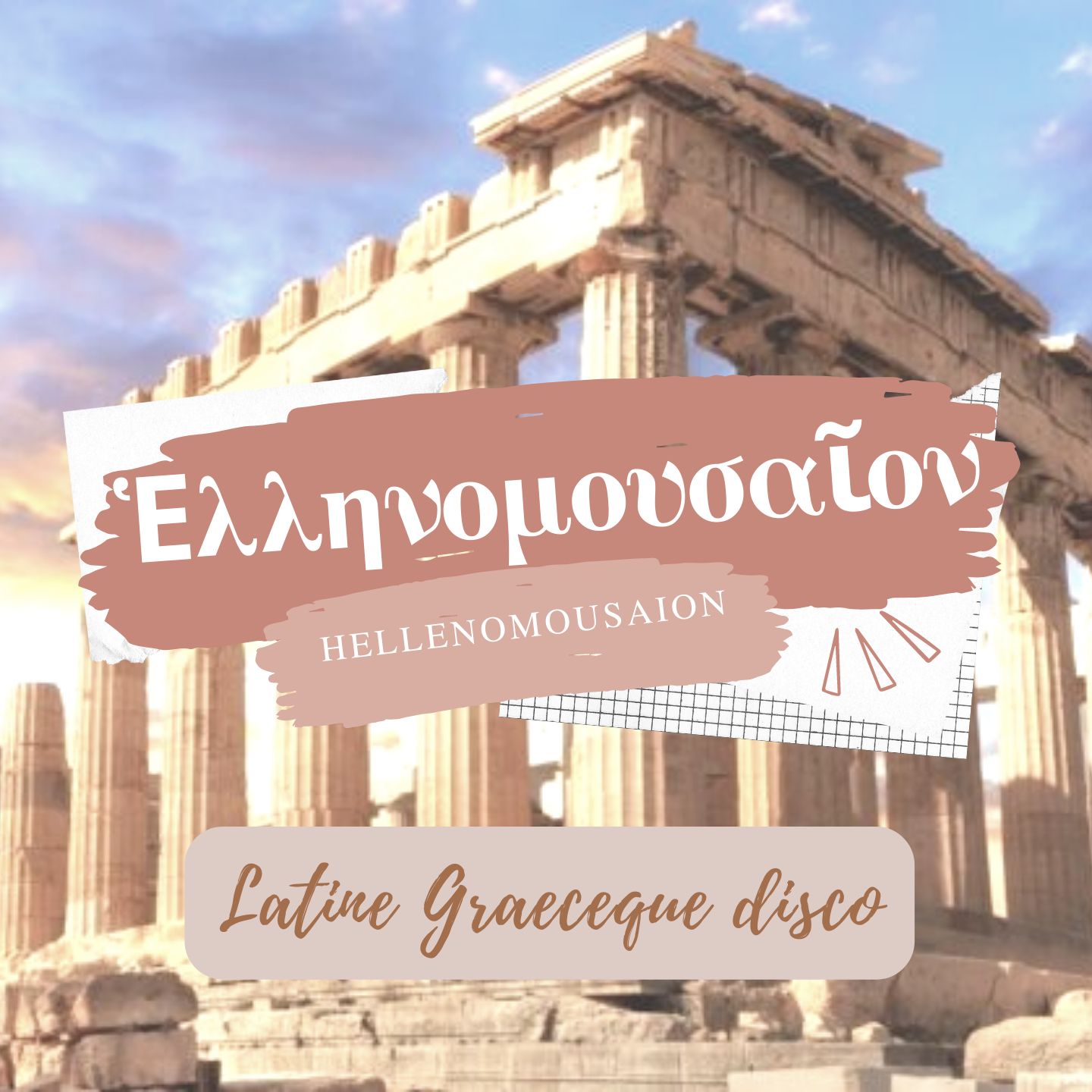
Menelaus. Lucian's dialogue.
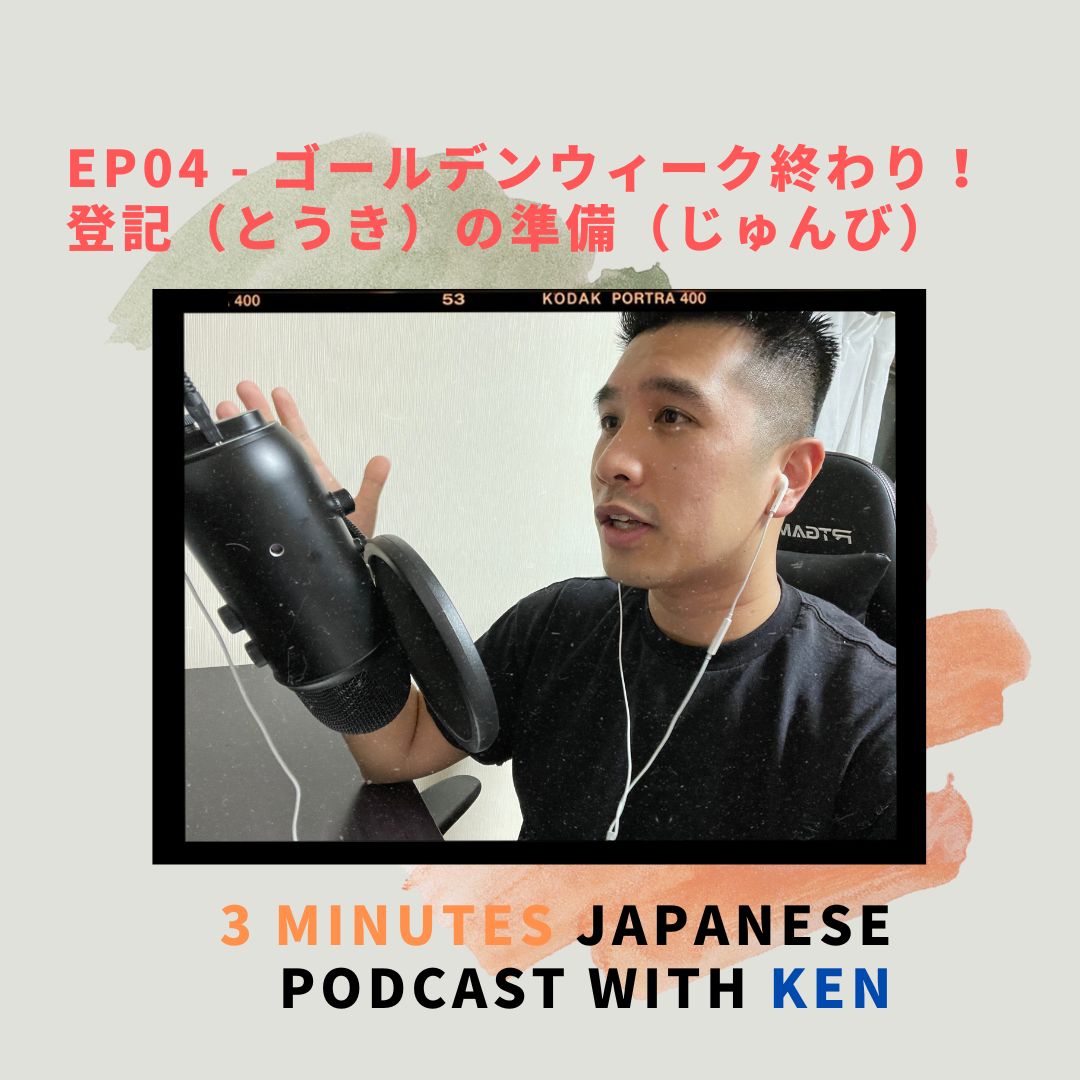
ep04 - ゴールデンウィーク終わり!登記(とうき)の準備(じゅんび)
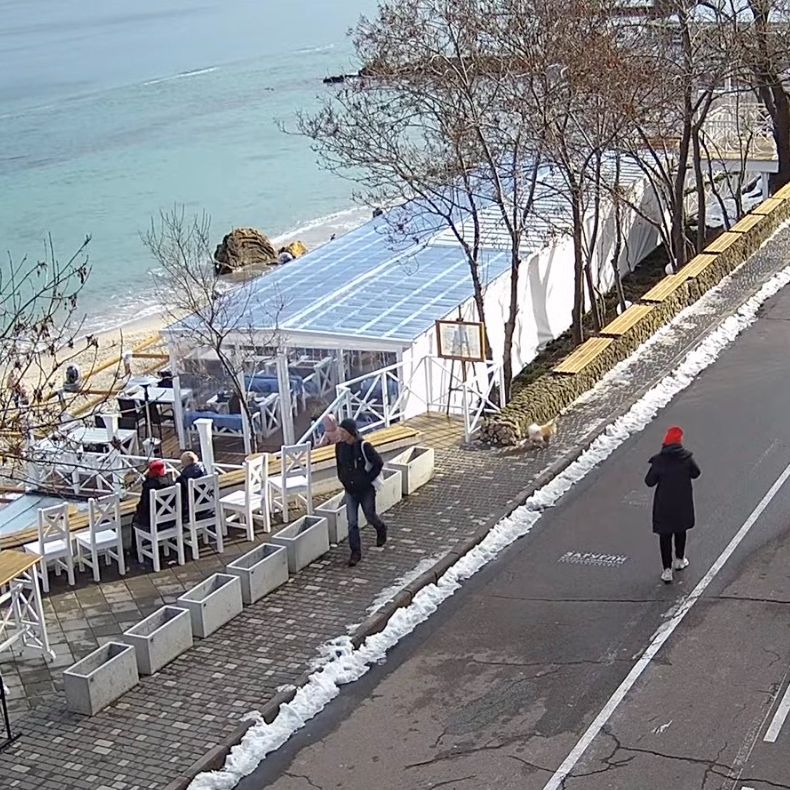
“了”的非成句性

Traffic and Transportation | Article Listening

Перевод часов в России : За и Против B1-B2
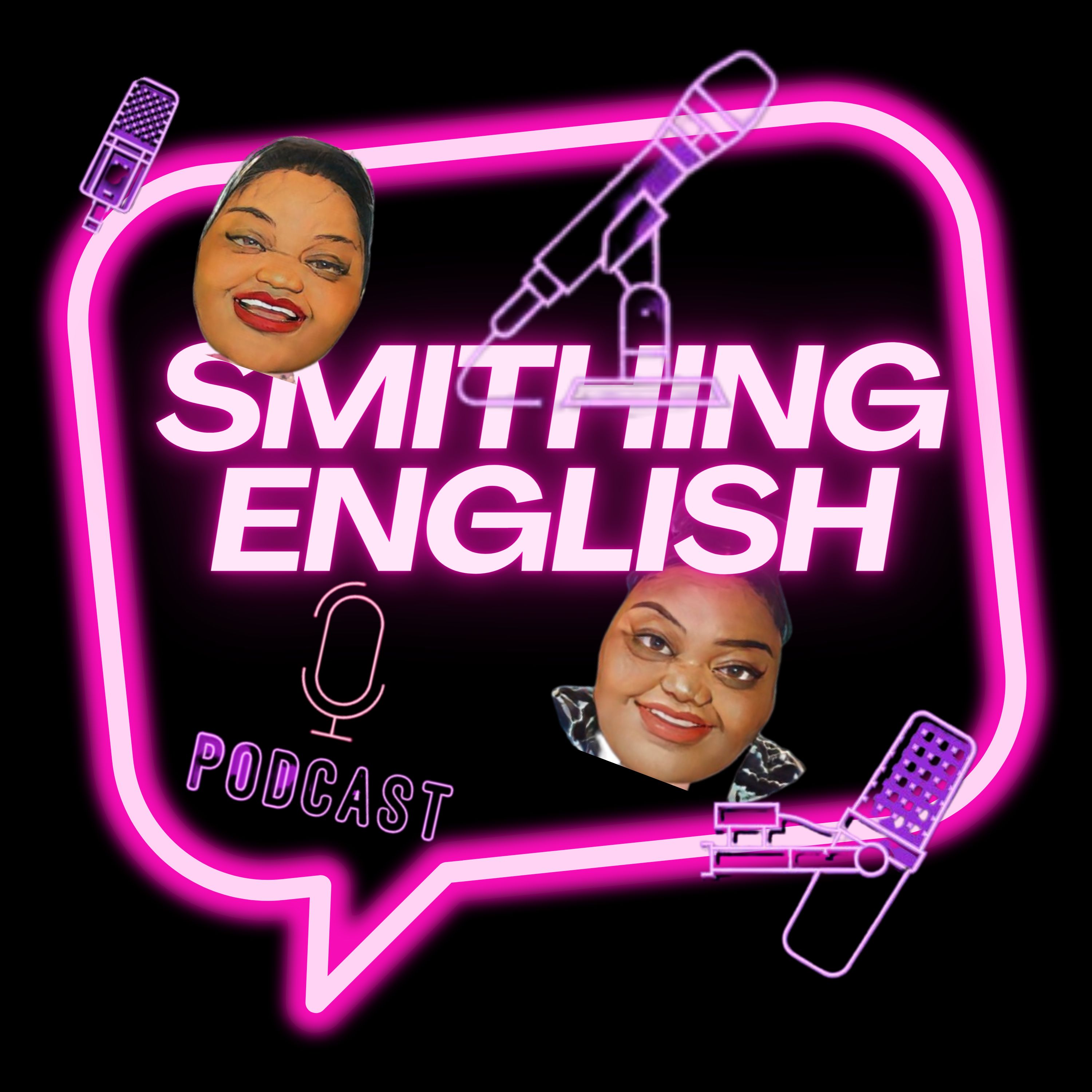
Colloquial English- Social Media Slangs

Preparing for Virtual Job Interviews EP 37

Business Buzz Episode 3. Language for meetings - interrupting politely, checking you have understood and closing a meeting
热门播客集

Hellenomousaion
Menelaus. Lucian's dialogue.

3 Minutes Japanese Podcast with Ken
ep04 - ゴールデンウィーク終わり!登記(とうき)の準備(じゅんび)

喵喵说汉语---HSK 4
“了”的非成句性

English Express by Donar Ivan
Traffic and Transportation | Article Listening

Listen and read
Перевод часов в России : За и Против B1-B2

LEARN BY LISTENING
Colloquial English- Social Media Slangs

The Global Professional Podcast
Preparing for Virtual Job Interviews EP 37

Business Buzz
Business Buzz Episode 3. Language for meetings - interrupting politely, checking you have understood and closing a meeting